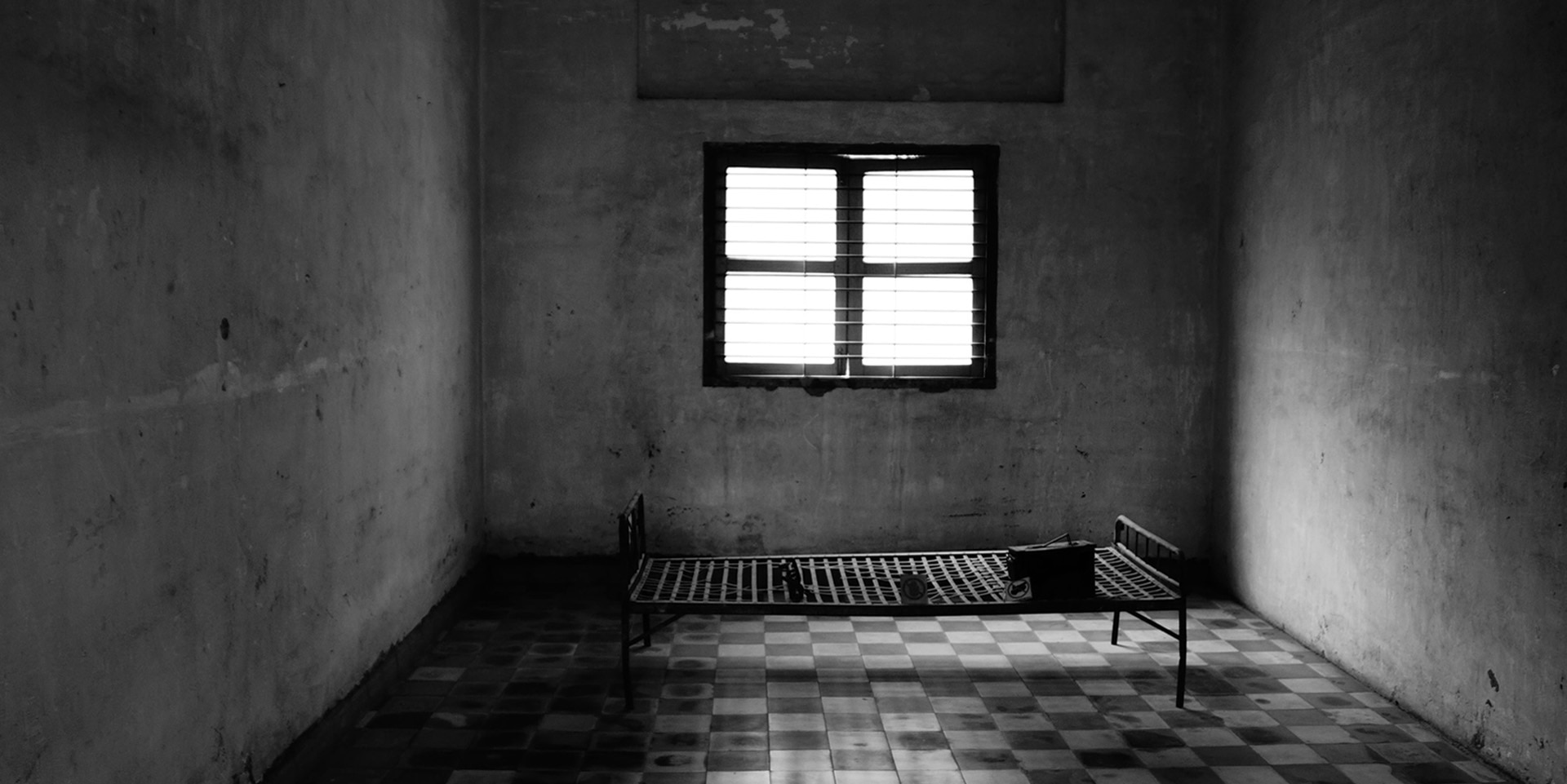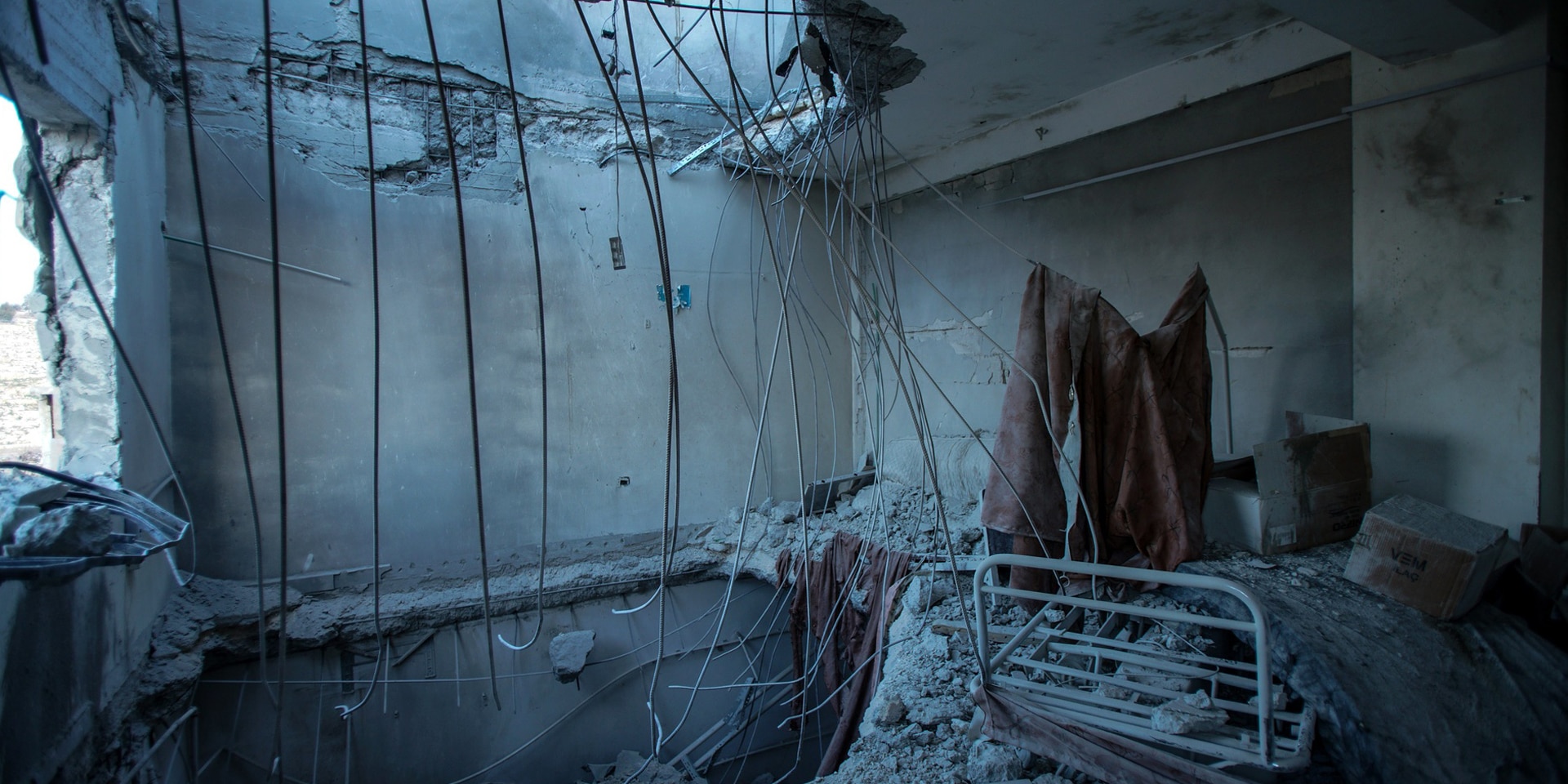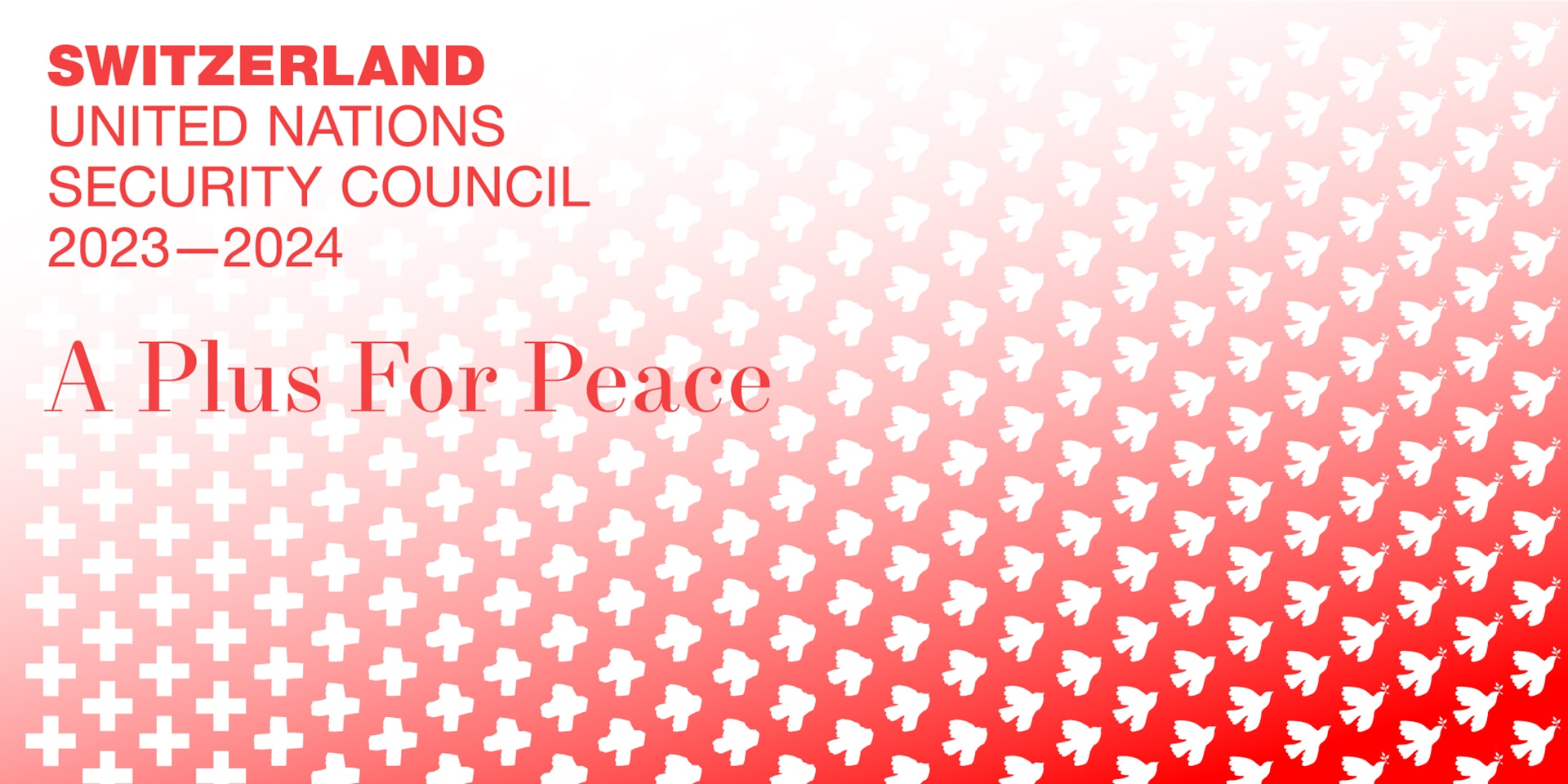Switzerland's commitment to combating torture
26 June marks the International Day in Support of Victims of Torture, as the UN Convention against Torture entered into force on this date 34 years ago. Combating torture is a priority of Swiss foreign policy. Ms Jenny Piaget, Head of the Human Rights Diplomacy Section at the State Secretariat of the FDFA, outlines Switzerland's commitment to the fight against torture and to the rehabilitation of torture victims.

A cell in the Tuol Sleng Genocide Museum, Phnom Penh, Cambodia. © Marcin Czerniawski / Unsplash.
Ms Piaget, the new Human Rights Guidelines 2021-2024 define torture as one of the priorities of our human rights diplomacy. Why is Switzerland committed to this issue?
Torture and violence by security forces are, first and foremost, dramatic events for the victims themselves and for their families. But torture also has a negative impact on societies as a whole. It challenges peace and security. The effects of torture go beyond personal tragedy and create a climate of insecurity and conflict. The prioritisation of the fight against torture in Swiss foreign policy must therefore also be seen in the context of a broader logic of Switzerland's commitment to peace.
What does Switzerland do to combat torture?
Although international law prohibits torture always and under all circumstances, it is still widespread in practice. Most cases occur in police custody, during interrogations or in prisons. Therefore, a large part of Switzerland's commitment relates to these areas. The Optional Protocol to the Convention against Torture, which incidentally goes back to the initiative of a Swiss national, Jean-Jacques Gautier, provides for independent visits to places of deprivation of liberty. In Switzerland, this role is fulfilled by the National Commission for the Prevention of Torture (NCPT). As Switzerland is convinced of the effectiveness of such monitoring visits by independent bodies, it promotes the ratification of the Convention against Torture and its Optional Protocol. In addition, Switzerland uses the expertise of civil society to make a practical difference. The World Organisation against Torture (OMCT) and the Association pour la prévention de la torture (APT), long-standing partner organisations of the FDFA, apply a constructive dialogue-based approach with states in order to advance torture prevention. Currently, Switzerland is supporting, among others, an OMCT project in which national civil society organisations and preventive mechanisms are assisted in implementing the Convention against Torture and the recommendations of the UN Committee against Torture.
Despite the long-standing commitment of Switzerland and other like-minded states, torture remains widespread. Can we truly make a difference here?
Of course, torture has not disappeared in recent decades. But studies show that since the Convention against Torture came into force in 1987, the incidence of torture has fallen by around 30%. Such figures should be taken with a grain of salt, but there clearly is a positive trend. The creation of independent monitoring bodies and other measures have most definitely contributed to this. An emerging topic is the use of non-violent interrogation methods. It has been scientifically proven that such interrogation methods lead to better results than forced confessions. Our institutional partner organisation APT in Geneva has recently launched principles on effective inteviewing methods. In addition, it remains crucial to support victims of torture. Every affected person has a right to rehabilitation. To this end, the FDFA supports local civil society organisations that offer medical and psychological care, but also the UN Fund for Victims of Torture, which works to support victims worldwide.



